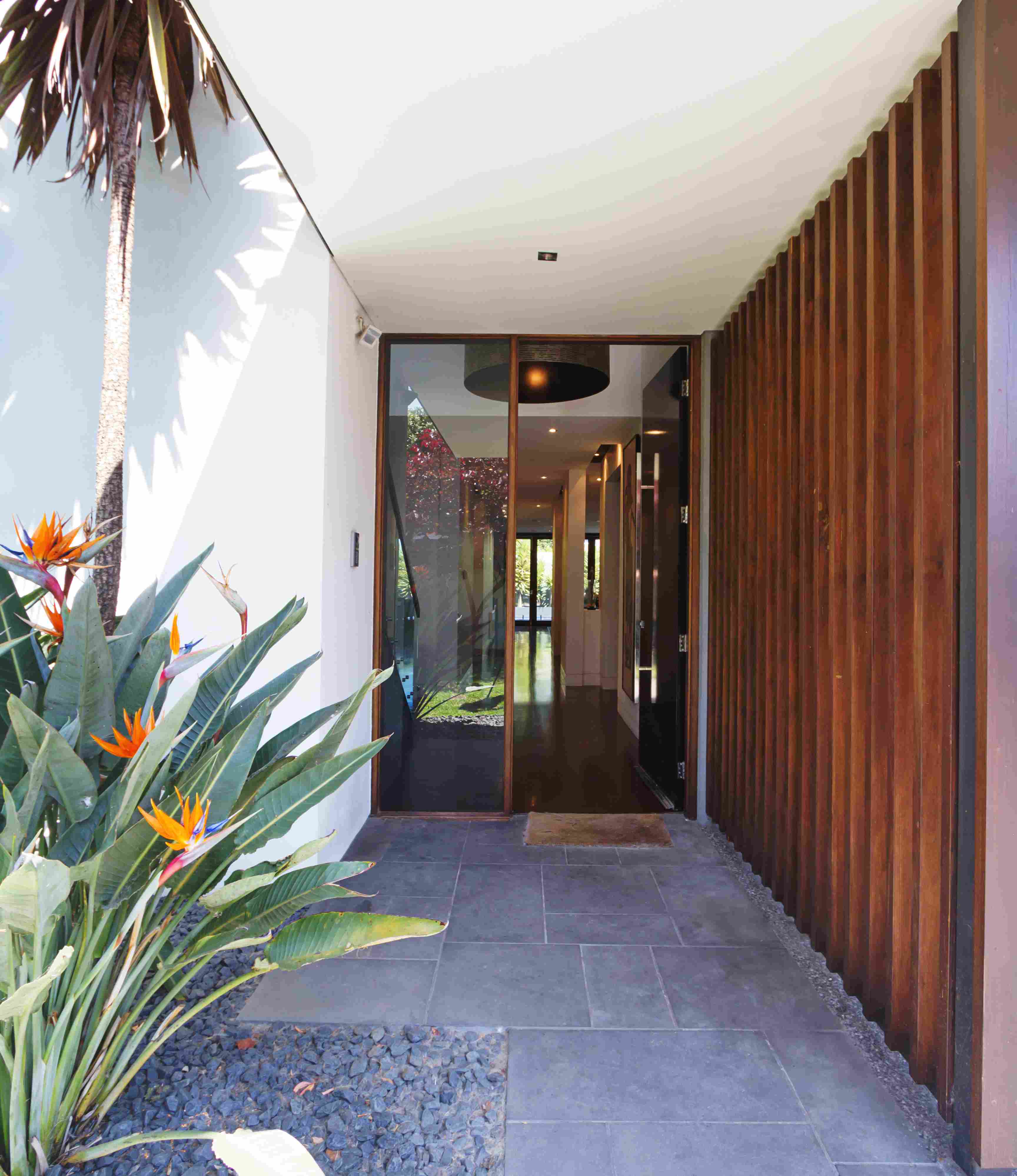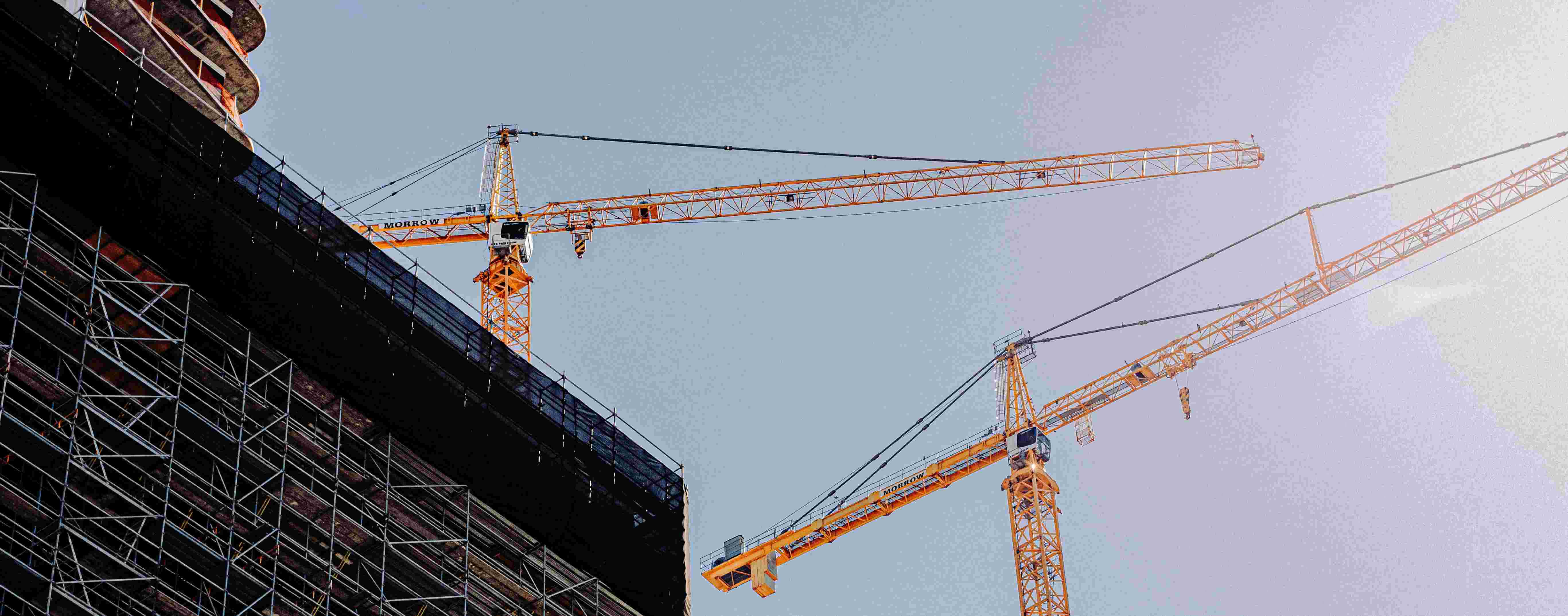Opal Towers and Mascot Towers the tip of the iceberg
Blog

The intense media scrutiny surrounding beleaguered Opal Towers and Mascot Towers has highlighted some broader issues in the development of high-rise apartment buildings, and with some 140,000 apartments currently planned or under construction across the country, the impact for the property industry is predicted to be significant.
A Deakin University report published in June this year revealed a significant number of defects in apartment buildings across Australia, including at least one defect in multiple locations in 97 per cent of the buildings examined in New South Wales. Victoria followed with 74 per cent and Queensland with 71 per cent.
This report, along with the Shergold Weir Report Building Confidence – Improving the effectiveness of compliance and enforcement systems for the building and construction industry across Australia, highlights the considerable challenges with far-reaching consequences for the property industry and the way it is regulated.
The ABC’s Four Corners program on Monday 19 August examined the stark differences between Queensland and NSW building product laws. In 2017, NSW Parliament watered down a draft bill that, following in QLD’s footsteps, was designed to ensure that every person involved in a building's construction can be held legally responsible for the products they use. According to Four Corners, the bill was significantly changed because Cabinet was worried more regulation could slow down the construction business, and some 80 clauses were pulled out of the bill, including the definition of a non-conforming building product.
The reports determine that it appears that, in some cases, Australia’s apartment buildings are being impacted by a combination of poor-quality building products, inadequate governance, questionable engineering design, high-profile architects removed from projects as soon as sales start to come in, and the privatisation of the building surveying industry.
Another emerging concern is the role of Strata Insurance companies, who are starting to pull back on insuring these types of properties given the current levels of building defects. There are also some reports that insurance companies are refusing to cover claims relating to defects and are pushing the onus back onto the builder. In cases where the builder is no longer active, the responsibility for repairing defects then falls back on to the owners corporation.
There are also reports of developers creating one-off entities to build a development, with the entity ceasing operations after completion. This can leave owners in a precarious position having no recourse if there are structural issues or defects with the property. The owners corporation may be forced into raising special levies to cover the rectification works which not only puts them out of pocket for the repairs but also (if the levies are high) negatively affects the market value of the apartments. We have seen numerous examples where buyers are not willing to pay market rates for an apartment in a building where it is known that special levies will need to be paid in the future to fix defects.
It is becoming clearer that there is a growing public stigma in relation to this class of property - especially in areas of high density, new/modern developments. If not resolved in a timely, cohesive manner by all relevant stakeholders, this could lead to wary consumers and in turn would likely equate to downward trending values in this market sector.
Over the past 19 years, over 650,000 apartments have been constructed across Australia. The coming year will reveal a lot about this market sector. As the largest property valuation advisors in Australia, Opteon’s data bank of over 10,000,000 property attributes, images and historical records enables us to continue to provide accurate, evidence-supported valuations to our customers.
As buyers respond to changes in apartment building valuations, we hope that this will propel the industry to work collaboratively through the current challenges to help overcome the concerns of the market, building a stronger future for housing to support Australia’s ever-growing population.
Opteon is continuing to closely monitor this sector and will provide further insights over the following months.
To discuss any of the issues surrounding apartment building valuations, please contact:

Scott O'Dell AAPI CPV
Regional Director – Residential
02 8973 2900
0408 422 556




.png)



